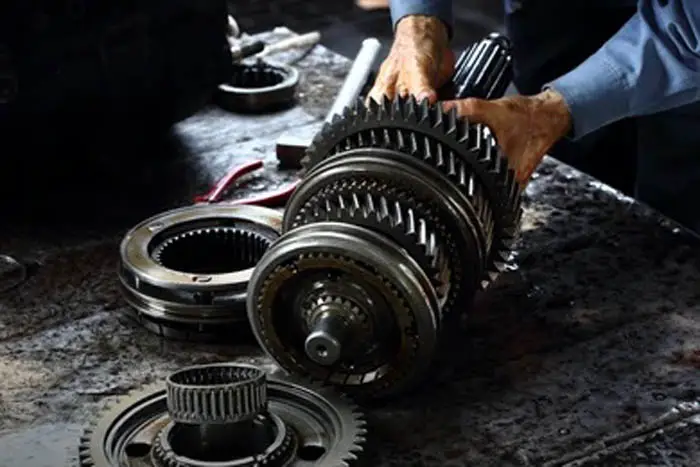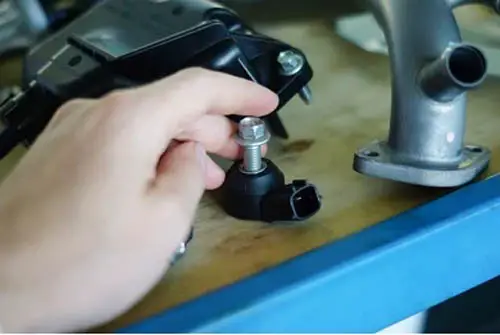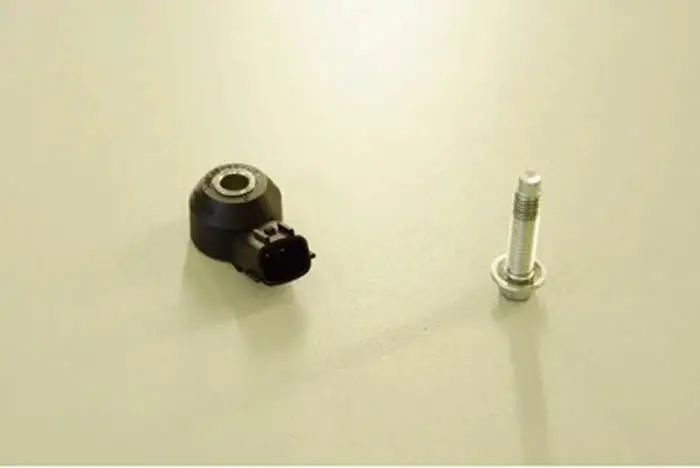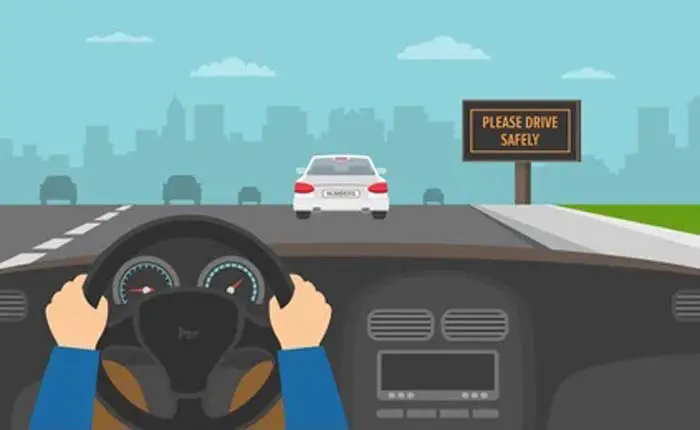
A knock sensor is a vital component of any vehicle engine. Its purpose is to detect knocking or pinging sounds in the engine and send a signal to the electronic control unit (ECU) to adjust the ignition timing. This helps to prevent engine damage caused by pre-ignition and/or Detonation. A faulty knock sensor can cause all sorts of problems including a loss of power, decreased fuel economy, and transmission problems.
Transmission Problems: Could a Bad Knock Sensor be to Blame? Get the best answers from our mechanics in this article. In this powerful article, we will explore whether or not a bad knock sensor can cause transmission problems in your vehicle.
Can a Bad Knock Sensor Cause Transmission Problem

Worn gears, leaking or low transmission fluids, a clogged transmission filter, or poor clutch performance can all cause transmission problems. A defective knock sensor might cause transmission faults because it does not transmit the right moment for the engine to fire the spark plugs. A bad knock sensor can cause the computer to miscalculate the timing and cause the transmission to slip or not shift correctly. This results in a loss of power, and the transmission may react by shifting into a different gear than usual. This might wear out the gears and damage the transmission over time.
Because large trucks have higher compression, a defective knock sensor will put the engine into limp mode to protect it. A sluggish engine, weak acceleration, and poor fuel economy are all signs of a malfunctioning knock sensor.
Knock sensors usually fail outright; instead, they get “soft” over time, sending false signals to the ECU, tricking it into believing the engine is knocking when it isn’t. Shuddering, jerking, and wear & tear are all indicators of transmission problems produced by poor or faulty knock sensors. If any of these problems arise, a professional transmission inspection should be performed right away.
Another thing is to disable the knock sensor, which causes transmission problems, gear wear, limited torque, and increased fuel consumption. There are several types of transmission problems. It is sometimes known that there is a transmission problem and other times, the vehicle has a problem, but it’s impossible to know if it’s the transmission or not. And sometimes there is a problem with the transmission, but no one recognizes it because the vehicle is running at suboptimal levels.
If there are loud noises while shifting gears, there’s a high likelihood there is a transmission problem. Slipping, erratic shifting, and late or early shift patterns are all examples of this. This is frequently caused by transmission wear and tear. There are, however, other transmission problems caused by knock sensors.
There are several codes related directly to the transmission. The codes for transmission problems that may be caused by the knock sensors include P0218 for transmission over temperature, P0613 transmission control module, P0700 for transmission control system malfunction, and P0720 for output speed sensor circuit malfunction. These codes indicate a problem with the shift solenoid or a gear ratio error.
They’re easily recognizable. However, many transmission-related problems develop from issues that at first look, appear to have nothing to do with the transmission. Not only may a faulty knock sensor affect engine performance, but many computer systems will disable overdrive if a knock sensor problem is detected.
In conclusion, a bad knock sensor may affect the computer’s calculation of time and lead to the transmission slipping or not shifting properly. This can be a serious problem that should be fixed as soon as possible. If you think you may have a problem with your knock sensor, take your car to a mechanic and have it checked out.
Related Post: Top 5 Symptoms Of A Bad Knock Sensor: Don’t Ignore These!
Sign Up




